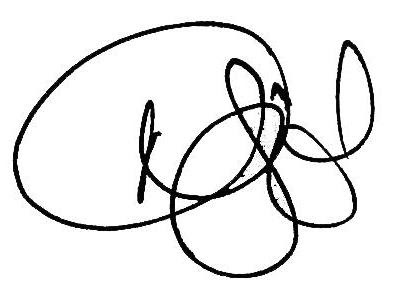Thursday, May 30, 2019 | 40th day of the omer; hod she’b’yesod
Dear All,
I’ve been in Israel this last week – a week in which the European elections saw continued strength from populist parties – and the Greens–, in which a British prime minister resigned, and in which an Israeli prime minister called an unprecedented second general election, essentially ten minutes after the last one.
These are not normal times, as we know.
I come away with just two thoughts from all this.
First: that line about you can make an omelet from an egg, but you can’t make an egg from an omelet. Actions have consequences. A referendum (ill-thought out in advance, to put it mildly) produces a result which is close to unactionable; that in turn paralyzes a political system and enrages people on opposite sides. It’s not impossible to imagine Boris Johnson as PM; Britain crashing out of Europe; Scotland and Northern Ireland each then demanding their own referenda to rejoin the EU, and the United Kingdom then literally dissolving.
And maybe this would be a fine thing; we don’t know. But when we read the history of the Russian Revolution, or the rise of Hitler and Mussolini and Mao, we look back at war and revolution that were animated by a combination of anger and a desire for change, and it is abstract, it is “history,” and easy to forget the noble intentions of many people who enabled it or even led it. How did these things happen? We wrote essays in school or college. But we still forget that these things didn’t happen in the straight line that our rear view mirror offers. And the people who died and were tortured (in the tens of millions) weren’t abstract – they were people like you and me, getting on with their lives. So my first thought is simply that it is on all of us to argue for the center, for moderation, for respect, for civility, for incremental change – not just throwing rocks, literal or real. So many things are wrong and broken in the world. But we should be cautious about behaviors or actions that weaken the bounds of law and language and centripetal institutions, as the basis for civil society.
The other side of this is the positive power of new forms of social change. In Israel some of us came together at the Mandel Foundation to start to imagine work in the lead-up to the next shmita year (which starts at Rosh Hashanah 2021 – mark your calendars now…). And I met with quite a remarkable range of social entrepreneurs, both to learn from them and to encourage people to integrate environmental change in all that they do. Hamiffal in the center of Jerusalem; a Bedouin-founded amuta (nonprofit) in the Negev, working at the intersection of education, empowerment, and food; a musician creating environmentally-aware ritual journeys. I was struck by the difference between art as a thing – a picture, a sculpture, a film – and art as practice; and what it might mean to understand all of our work (in established organizations and new ones, formal and informal) as also a practice, not just a set of outcomes.
This next year will see the gradual implementation of Hazon’s strategic plan. And so I find myself thinking about these two things in relation to Hazon itself. How does the work we do “out there” deepen as a series of practices “in here” – with staff and board members, with participants, funders, partners?
And, linked to that – how do we ourselves strive both to drive (vitally needed) change in relation to the environmental impact of our institutions, and the building of a stronger Jewish voice for legislation to attempt to avert a global climate crisis that might yet dwarf, in its impact, the lives lost in the 20th century – whilst yet working to strengthen institutions and communities, to bring people together rather than drive them apart?
So: next week is Shavuot. Famously it’s the time of the giving of the Torah — which is to say, whether and how we receive it is up to us. So I bless all of us that we choose to receive all that is good in the tradition; and that we create change through love and kindness.
Shabbat shalom,

Nigel
